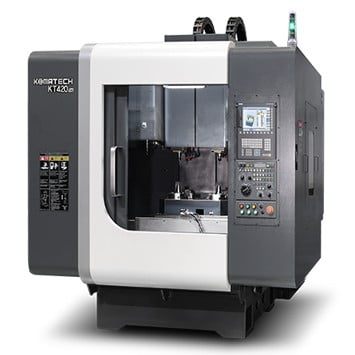Marcare si gravare laser materiale organice

When performing a laser marking on organic materials, the CO2 source is the best solution for marking on glass, leather, wood and paper, whereas the YAG laser does not normally deliver satisfactory results for these materials. Our CO2 lasers can be used quickly and permanently to mark alphanumerics, logos, and bar codes into a variety of materials at high speed. Among the outstanding features offered by laser engraving and marking are improved reliability and productivity respect to the conventional solutions such as ink jet printing.
How to engrave wood? How does it work?
Laser wood engraving is the process by which material is removed from the top surface down to a specified depth thank to tight control over laser modulation. In the case of wood engraving, the effect depends on which type of wood should be engraved. For example, while a maple plaque may give you a lighter engraving, cherry could appear darker and richer in color. Comparing to other conventional solutions, such as the ink-jet printing or hot stamping using a die which cannot produce accurate details, a wood engraver provides the user with extreme flexibility and the ability to refine the parts in a very high quality.
How does glass laser engraving work? What are its applications?
When glass laser engraving is performed it only scores the surface. With the fine laser beam and a rotating axis, even the most detailed pictures, but also texts and logos can very easily be applied. This application is typically used for the manufacture of glass wares for the gastronomy and housekeeping sectors. Typical marking contents are company logos as well as calibration marks. In the same way in the competitive wines and spirits market, the personalization of a glass or bottle allows the consumer to recognize a brand immediately.
How does laser leather engraving and cutting work? What are its advantages?
Because of its durability and nice contrast, leather is a very popular laser engraving. Genuine leather but also many imitation leather sorts are suited for processing with a laser. When leather laser engraving is performed, motifs, letters and designs are burnt into the leather. On the other hand laser cutting provides extremely precise cutting edges with no fraying of the material. Common applications involve mostly fashion personalization, finishing leather products with logos and designs or engraving leather bracelets, shoes, purses or book covers.
Can I cut or engrave all types of wood?
A laser wood engraver or cutter system works extremely well with all types of woods, from maple to exotic hardwoods. Nevertheless, since wood is a natural material, the laser user must consider various features, such as the density and resin content. Because of its density wood is broadly divided into softwoods and hardwoods: each type displays a different quality when engraved. Softwood types, such as balsa wood, require a lower laser power, give often light engraving and can be cut at a higher speed. On the other hand hardwood, as for example the acacia, requires a higher laser power and can give you very dark colors where engraved.
What is the best laser source for laser wood engraving and cutting?
CO2 laser are gas lasers that are based on a carbon dioxide gas mixture, which is stimulated electrically. Because of its wavelength (which is 10 times longer than a fiber laser) CO2 laser is mainly suited for laser processing on organic material and mostly on wood. LASIT’s CO2 laser is FlyCO2, beyond doubt the best laser source for wood engraving.
Which are the main industrial applications of wood laser processing?
Wood engraving is one of the most popular laser applications because it has to do with so many different products, mainly those which involve personalization and individualization: it is possible to carry out unlimited laser engravings for soft, hard and painted woods and thus for a wide range of products: industrial tools, toys, gift articles, decorative items, souvenirs, furniture and so on. Traceability is another factor: serial codes, Datamatrix features, QR Codes can be quickly and easily engraved on wooden tools in order to obtain an unique identification.















